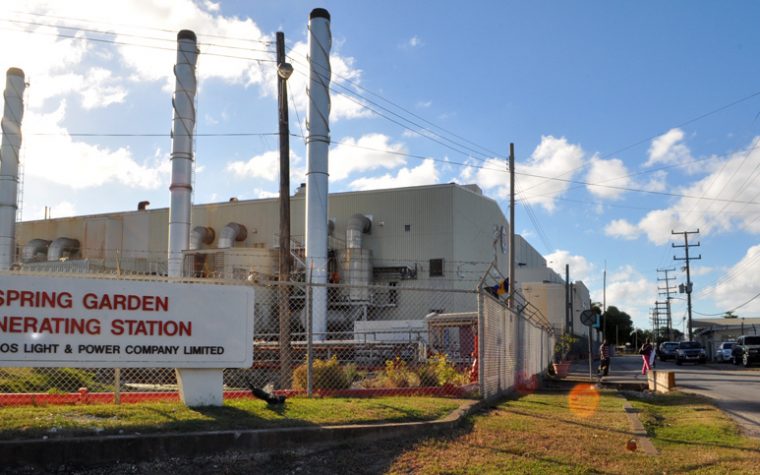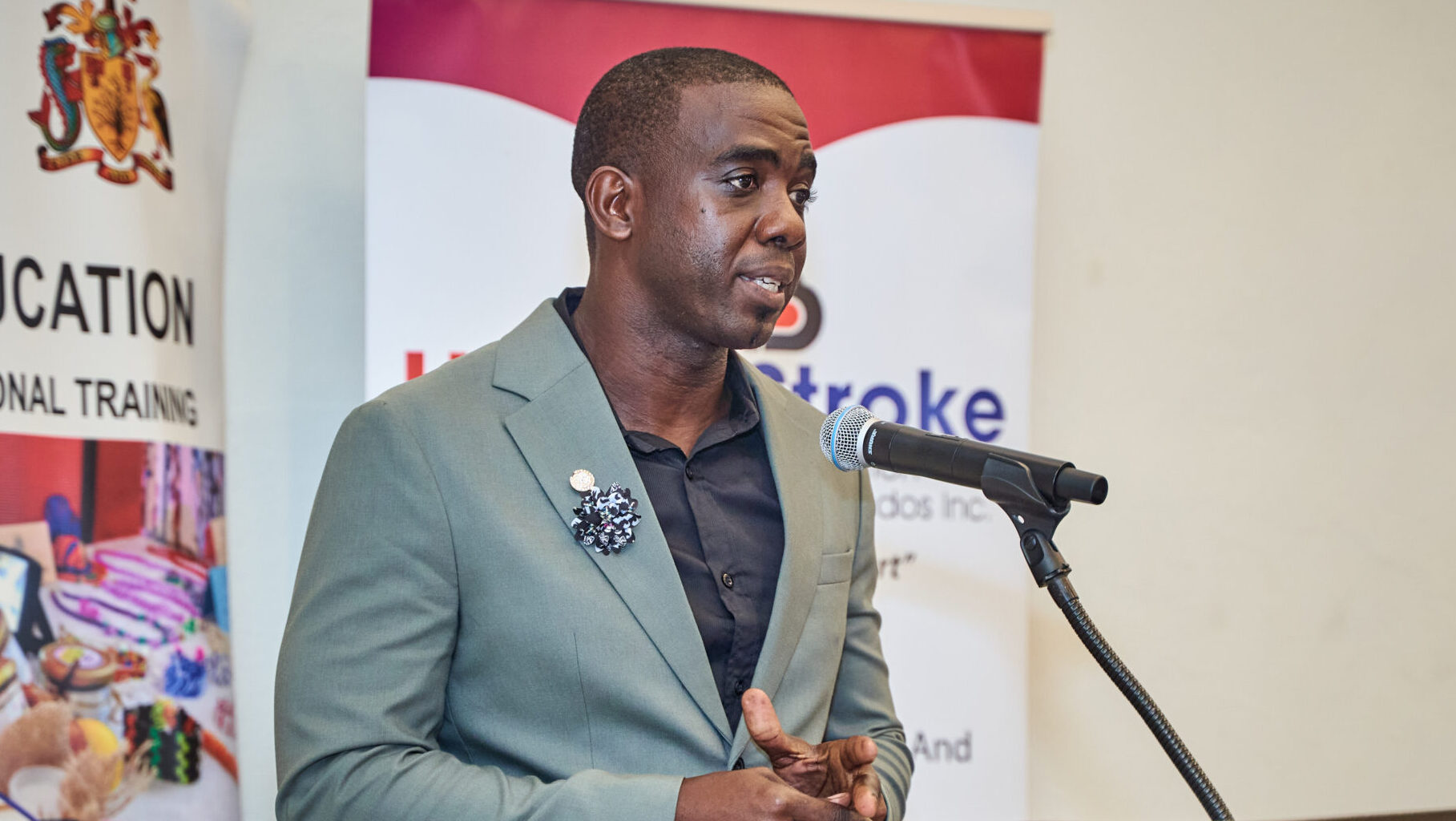Venezuela Responds to ICJ Ruling on Guyana's Referendum Dispute

December 1, 2023
Venezuela acknowledges the ruling by the International Court of Justice regarding the provisional measures requested by Guyana. Venezuela does not recognize the court's jurisdiction in the territorial controversy and maintains its position based on the 1966 Geneva Agreement. Guyana remains committed to the international judicial process and believes that the Essequibo territory rightfully belongs to their country. President Irfaan Ali emphasizes the importance of justice in resolving disputes. The ICJ has issued provisional measures restraining Venezuela from taking any action that could alter the current situation of the disputed territory, which is currently administered by Guyana.
CARACAS – Venezuela on Friday said it had taken “note” of the ruling by the International Court of Justice (ICJ) with regards to what Caracas termed “the unusual and interventionist provisional measures requested by the Cooperative Republic of Guyana against the consultative referendum scheduled for December 3, 2023”.
The Nicolas Maduro government said that Venezuela, “true to its historical position, . . . does not recognise the jurisdiction of the International Court of Justice to settle the territorial controversy surrounding Guayana Esequiba, especially given the existence of the 1966 Geneva Agreement”.
The Guyana government had earlier said it remains steadfast in its commitment to the international judicial process and the rule of law and is fully confident that, when the ICJ issues its final judgment on the merits of the case, it will conclude that the Essequibo “is legally and rightfully Guyanese territory”.
“We believe that justice, not force, should be the arbiter of international disputes,” said President Irfaan Ali as he responded to the ruling of the ICJ on Friday that Venezuela must not take any action to seize the mineral and forest-rich county of Essequibo in Guyana based on its upcoming December 3 referendum.
Both Georgetown and Caracas had made presentations to the ICJ during two-days of hearing earlier this month into the case relating to the 1899 Arbitral Award after Guyana, in its request, had said that the Venezuela government, through its National Electoral Council, had published a list of five questions that it intends to put before the people of Venezuela in a “Consultative Referendum” on Sunday.
In its ruling, the ICJ issued a number of provisional measures that “unanimously pending a final decision in the case, the Bolivarian Republic of Venezuela shall refrain from taking any action, which would modify the situation that currently prevails in the territory in dispute, whereby the Cooperative Republic of Guyana administers and exercises control over that area”.
The ICJ said also that “unanimously both parties shall refrain from any action which might aggravate or extend the dispute before the court or make it more difficult to resolve”.
“The court emphasises that the question of the validity of the 1899 Award and the related question of the definitive settlement of the land boundary dispute between Guyana and Venezuela are matters for the court to decide at the merits stage.
“The court recalls that Guyana has requested to indicate measures aimed at ensuring the non-aggravation of the dispute with Venezuela, when indicating provisional measures for the purpose of reserving specific rights.”
In its statement, Venezuela said that Guyana, in its present case, “had expressly requested that the consultative referendum not be held or that questions 1, 3 and 5 be modified”.
“In its decision, the court rejected – as a whole – this unprecedented and unfounded request, which is related to a matter of the exclusive domain of Venezuela,” the Maduro government said, adding that “nothing in international law allowed the court to interfere in the internal affairs of Venezuela, nor to attempt to prohibit or modify a sovereign act organised within the framework of its participatory political system and based on its Constitution.
“Likewise, with this decision, it has been demonstrated that Guyana is not a victim, it has no titles over the disputed territory, it is a de facto occupier and has repeatedly violated the Geneva Agreement and international legality by unilaterally granting concessions in the land territory and in the waters pending to be delimited, as well as facilitating its territory for the military deployment in our region of the main warlike power on the planet.”
Venezuela said it would continue with plans to hold the referendum called by the Electoral Branch at the request of the Parliament on Sunday regarding the ownership of the mineral and forest-rich county of Essequibo.
“Nothing and no one will prevent the Venezuelan people from expressing themselves freely on December 3 on their own, internal and extremely important issue, such as territorial integrity.
“Venezuela reiterates that it will firmly maintain its unwavering defence of international legality and the Geneva Agreement as the only legal instrument that allows reaching a practical and satisfactory solution for both parties, through friendly, political and peaceful negotiations.
“The truth of Venezuela and its inalienable sovereignty, constitutionality and self-determination have been victorious. On December 3, the Venezuelan people will go out to exercise their vote, for the first time in history, to defend their territorial integrity and will ratify that our rights over Guayana Esequiba are inalienable and unquestionable.
“The Sun of Venezuela is born in Essequibo,” the statement added. (CMC)

